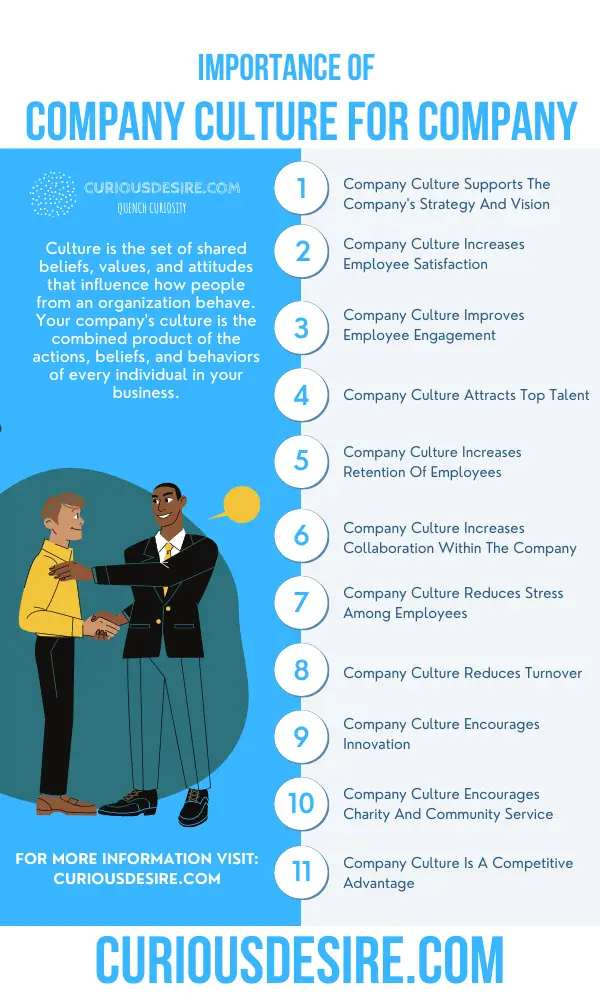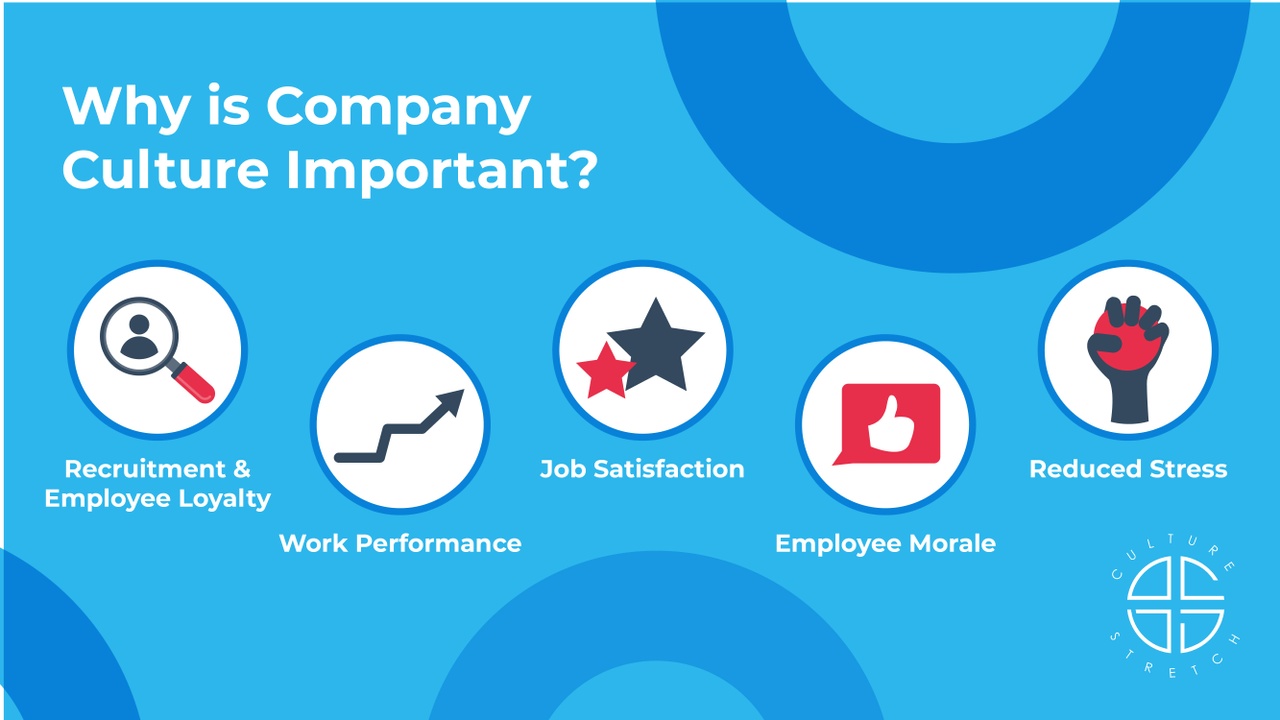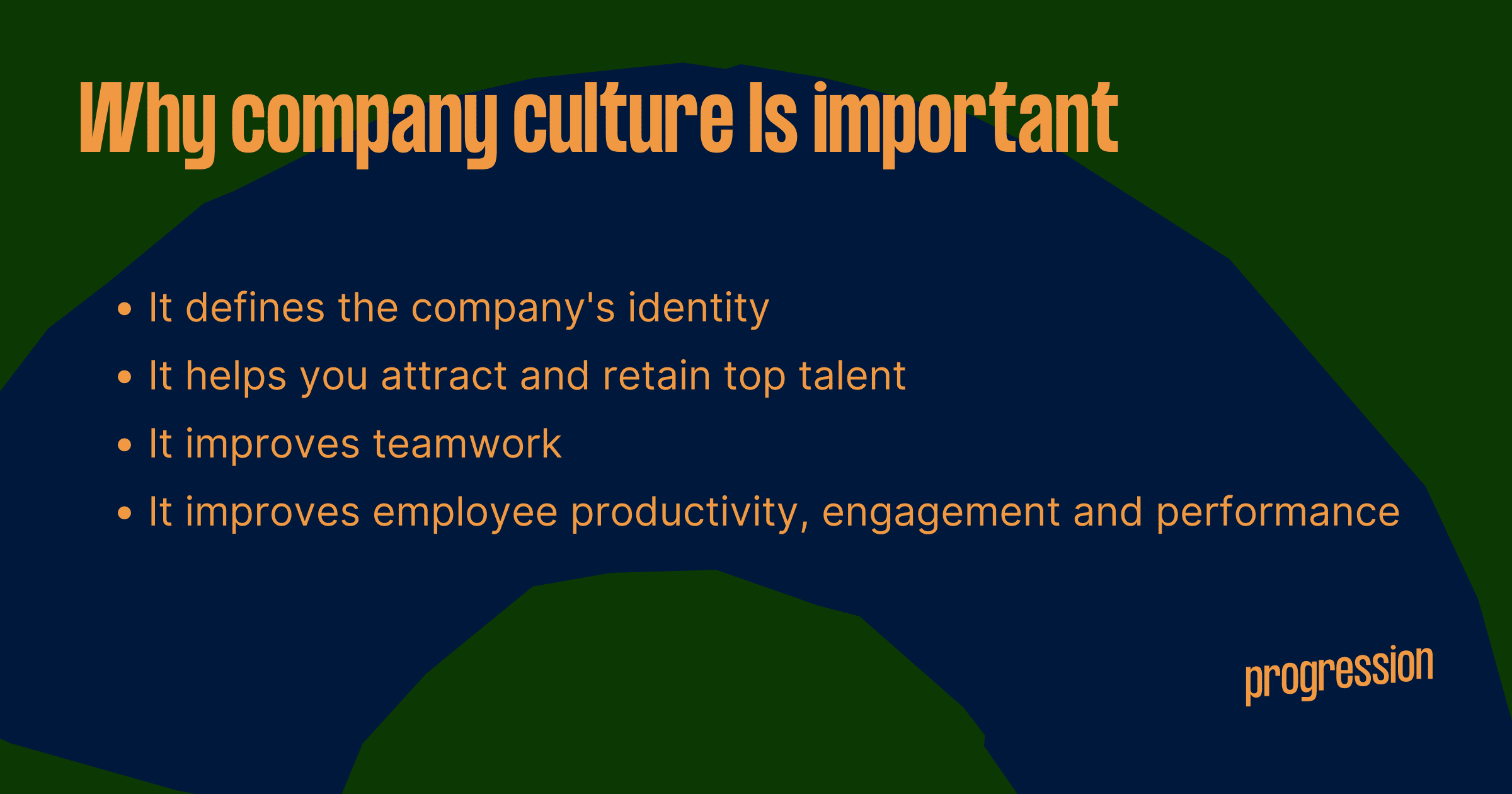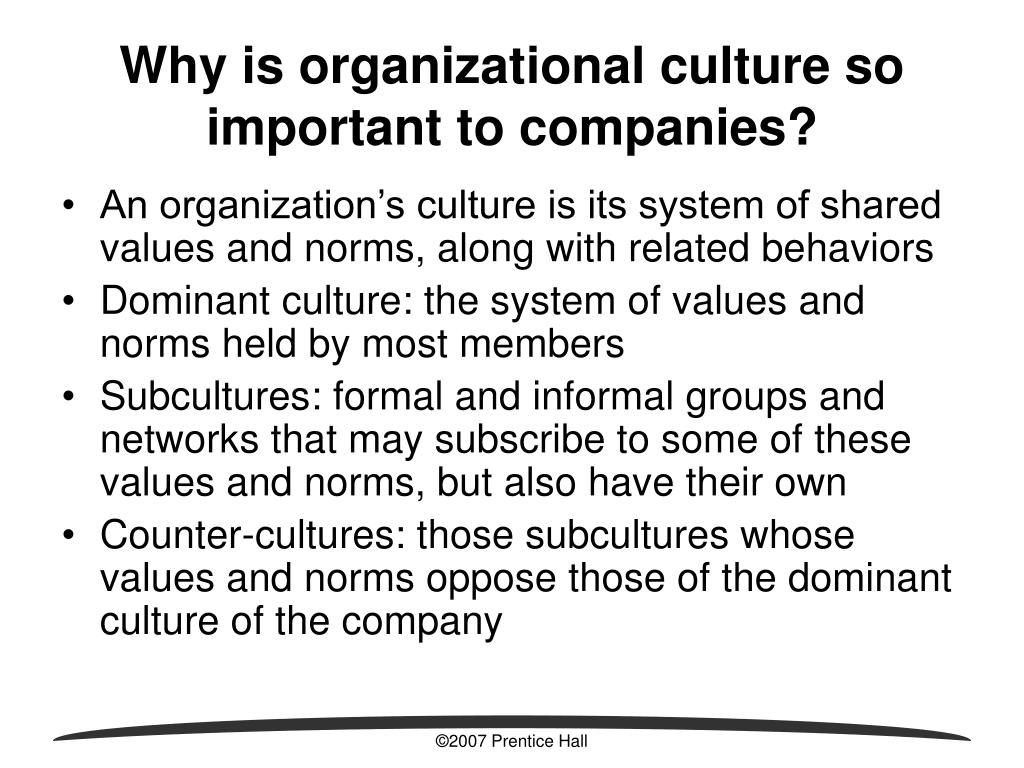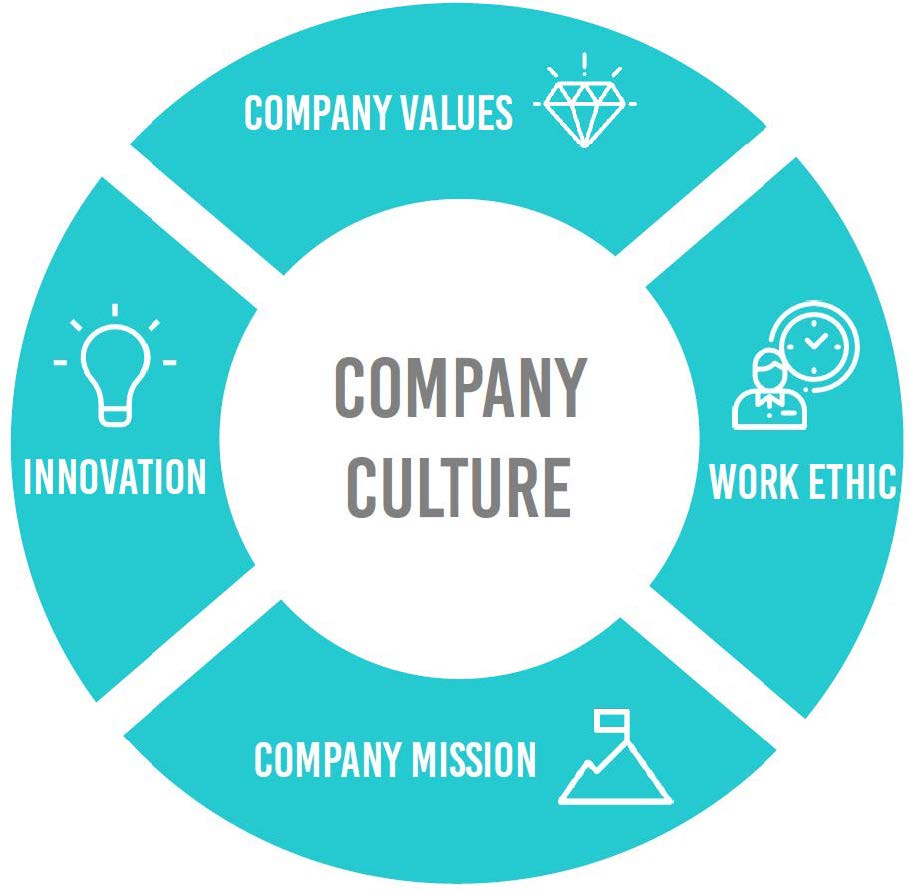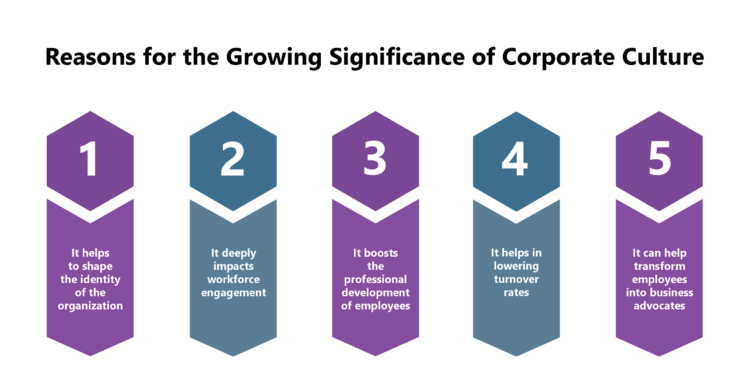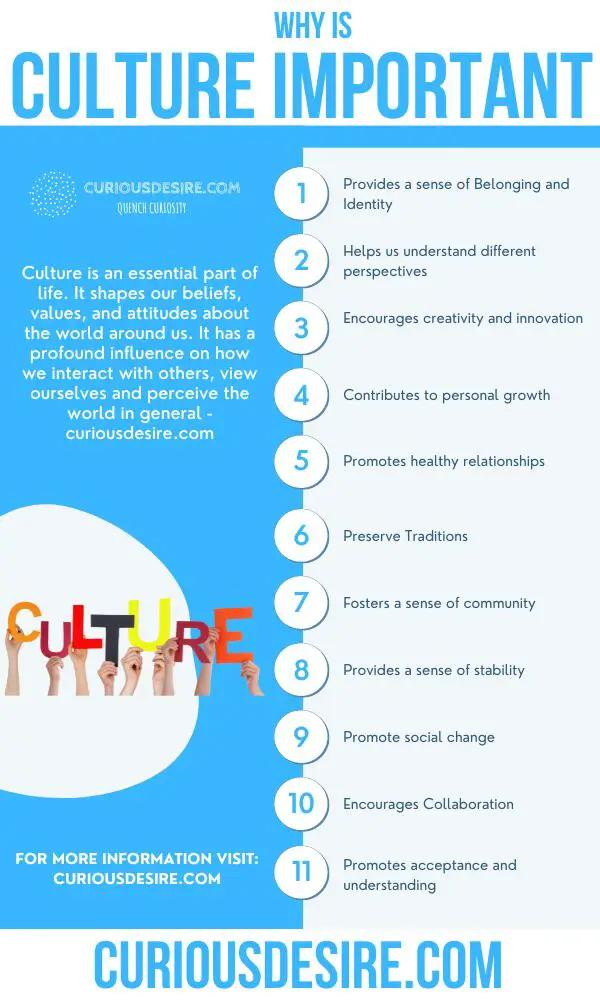Why Is Company Culture So Important

In today's competitive business landscape, companies are increasingly recognizing that a positive bottom line is not solely dependent on product quality or market share. A significant factor, often overlooked in the past, is the cultivation of a strong and thriving company culture. But why has company culture become such a crucial element in organizational success?
At its core, company culture defines the shared values, beliefs, attitudes, and practices that characterize an organization and its employees. This intangible asset impacts everything from employee morale and productivity to recruitment and retention rates. Understanding its importance is no longer a niche concept but a fundamental requirement for sustained growth and innovation.
The Business Case for a Strong Culture
The impact of company culture can be quantified. A 2023 study by Glassdoor, a leading job and recruiting site, found that companies with strong cultures experience lower employee turnover rates. This translates directly into cost savings on recruitment and training, and maintains institutional knowledge.
Reduced turnover and the increased retention often link directly to higher employee satisfaction and engagement. When employees feel valued, respected, and connected to their work, they are more likely to be motivated, productive, and committed to the organization's goals.
Furthermore, a positive work environment can foster creativity and innovation. When employees feel safe to share ideas, take risks, and challenge the status quo, companies are better positioned to adapt to market changes and develop innovative solutions.
The Human Element
Beyond the numbers, a strong company culture directly impacts the wellbeing of its workforce. Creating an inclusive and supportive environment where employees feel valued for their contributions leads to increased job satisfaction and reduces stress.
Susan Peters, HR director at TechForward Solutions, emphasizes the importance of creating a culture that supports employee work/life balance. "We understand that employees have lives outside of work. By offering flexible work arrangements and promoting a culture of understanding, we can help them manage their personal and professional responsibilities more effectively."
This focus on employee wellbeing not only improves morale but also enhances the company's reputation. A company known for treating its employees well is more likely to attract top talent and build a positive brand image.
Building a Positive Company Culture
Cultivating a strong culture isn't a passive exercise. It requires conscious effort and commitment from leadership. It begins with clearly defining the organization's values and ensuring that these values are reflected in all aspects of the business, from hiring practices to performance reviews.
Effective communication is critical. Leaders need to communicate the organization's values and expectations clearly and consistently, and actively solicit feedback from employees. This helps to ensure that everyone is aligned with the company's goals and that employees feel heard and valued.
Opportunities for professional development, social events, and team-building activities can help to build a sense of community and belonging. Recognizing and rewarding employee contributions is also essential for boosting morale and reinforcing positive behaviors.
The Impact on Society
The benefits of a strong company culture extend beyond the walls of the organization. Companies with engaged and satisfied employees are more likely to be socially responsible and contribute positively to the communities in which they operate.
Furthermore, a culture of innovation can lead to the development of new products and services that address societal challenges.
"When companies prioritize their employees, they are investing in the future," says Dr. Emily Carter, a professor of organizational psychology at State University. "A positive work environment fosters creativity, productivity, and social responsibility."
In conclusion, company culture is no longer simply a "nice-to-have" but a critical strategic imperative. By creating a positive, supportive, and engaging work environment, companies can attract and retain top talent, boost productivity, foster innovation, and contribute to a more sustainable and equitable future. The companies that prioritize their culture are the ones most likely to thrive in the long run.


